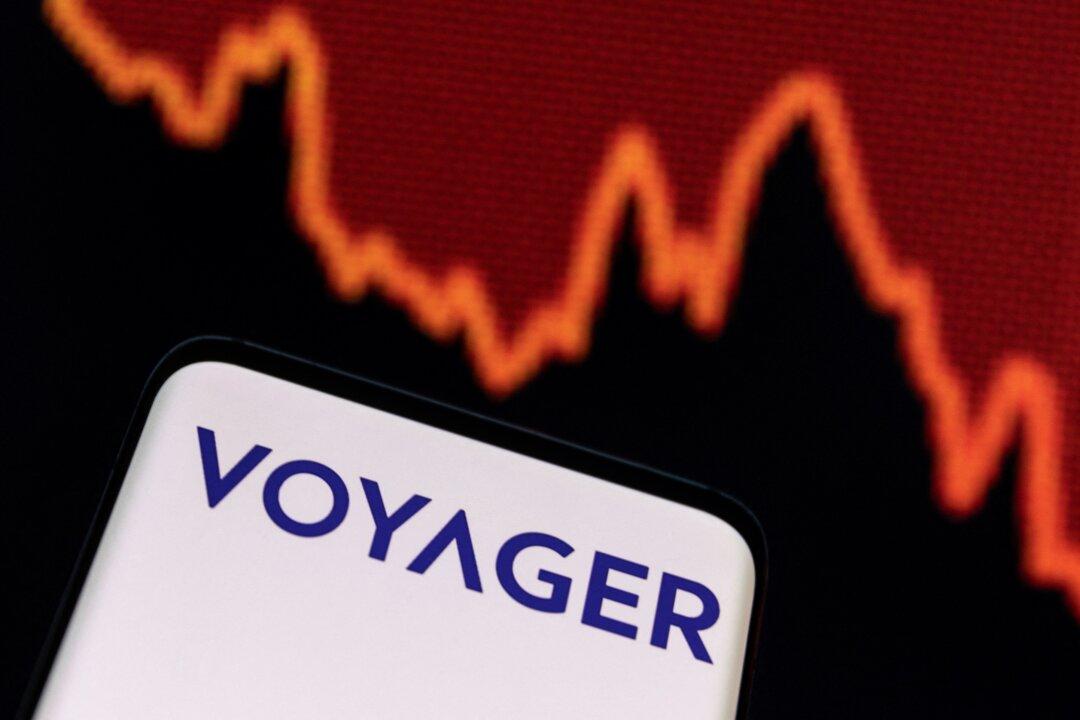The U.S. Securities and Exchange Commission (SEC) and New York’s top financial regulator have opposed crypto exchange Binance.US’s $1 billion deal to buy bankrupt crypto lender Voyager, the latest in a string of U.S. regulatory moves against crypto firms.
The Voyager deal may violate laws on the unregistered offer and sale of securities, the SEC said in a filing on Wednesday.





